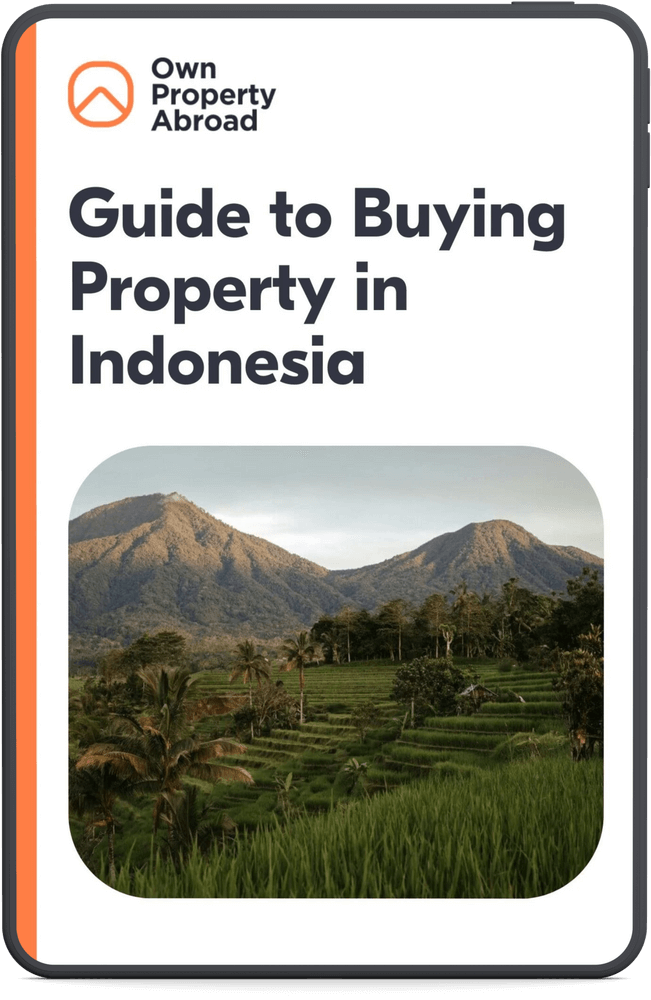For potential foreign investors, this raises questions about the long-term viability of real estate projects along the coast. Properties that once promised idyllic ocean views may become vulnerable as the shoreline continues to shrink. Such concerns make it even more vital to understand the new regulations and environmental measures being proposed by the Bali government.
Calls for regulating tourism development
Many academics, political figures, and environmental leaders are urging the government to regulate the sale and leasing of coastal land closely. They argue that the uncontrolled development of resorts, hotels, and beach clubs contributes to environmental degradation. Without stricter controls, the island’s valuable tourism industry, which heavily relies on pristine beaches, may be at risk.
If you are considering investing in Bali property, this shift in policy may influence your decisions. Properties near the shoreline might face new restrictions on renovations or expansions. Understanding these regulatory changes before investing is crucial for anyone looking to secure their piece of Bali’s natural paradise.
Proposed moratorium on new tourist venues in Bali
In response to the crisis, a two-year moratorium on tourism development is under consideration. This freeze would affect popular areas like Canggu, Seminyak, Kuta, Jimbaran, and Nusa Dua, as well as the outlying island of Nusa Penida. For foreign investors, this proposal means that obtaining permits for new hotels or tourism venues could become significantly more challenging in the near future.
Such a pause could help protect Bali’s landscapes, giving policymakers time to reassess sustainable development strategies. While ongoing projects can continue, this might slow the pace of new opportunities in certain prime locations. Investors need to stay informed about the timing and specifics of this moratorium to make well-informed decisions.
Preserving natural buffers and public access
Experts emphasize maintaining natural buffers, like mangrove forests, to mitigate shoreline erosion and protect Bali’s ecosystems. They also advocate for setting minimum distances between beaches and buildings to prevent construction too close to the water. This measure ensures that the beaches remain accessible public spaces rather than reserved for private enjoyment.
From a real estate perspective, these buffers may influence the type of developments allowed in certain areas. Investing in properties with environmentally friendly designs and compliance with new regulations can help ensure the longevity and desirability of an investment. Aligning with sustainability practices might also attract eco-conscious travelers, enhancing the property’s value over time.
Policy changes and stricter permitting processes
While current projects are unlikely to be halted, new permitting processes will likely become more rigorous. Authorities are expected to implement rules that make it harder for foreign investors to obtain permits for tourism-related developments. This shift reflects a broader movement toward sustainable tourism practices and protecting Bali’s environmental health.
Understanding these upcoming changes is critical for foreigners interested in buying property as a holiday home or investment. Although it may limit certain opportunities, these policies also indicate the government’s commitment to preserving the island’s natural beauty and ensuring long-term stability. Staying informed and working with reputable local agents can help you navigate these evolving regulations and make sound investment decisions.






